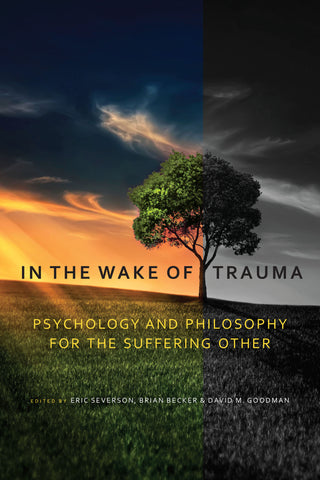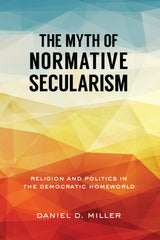In the Wake of Trauma: Psychology and Philosophy for the Suffering Other
Eric R. Severson, Brian W. Becker & David M. Goodman $35.00December 2016 | paper | ISBN: 978-0-8207-0498-2
2016 Foreword INDIES Book of the Year Award Finalist
An interdisciplinary discussion of traumatic experience seeks better understanding and care for the suffering of individuals and societies
When traumatic experiences occur, our patterns of living — the ways in which our bodies and minds have grown accustomed to feeling and reacting — are threatened. When psychologists, philosophers, or theologians turn their attention to trauma, they face a daunting task, as trauma is a concept that is incredibly difficult to understand and to describe. Yet it is crucial to persist; if such disciplines can offer nothing about trauma, then they betray their very purpose and those people who have been traumatized. By drawing on resources across these disciplines (and others), the contributors here struggle together to foster conversation that deepens the ability of practitioners and theoreticians alike to engage with the effects of trauma.
The essays range over a diverse landscape for inspiration — discussing thinkers such as Augustine, Ranciere, Foucault, Freud, Heidegger, Kristeva, and Lacan; literary works from Homer to Shakespeare to Joyce; case studies from clinical practice, film, even the book of Job — all in order to identify new avenues for working through trauma’s far-reaching effects, both for individuals and in its social and collective dimensions. Though these authors certainly do not speak with a singular voice, the volume is held together by an underlying “ethical turn,” a commitment to acknowledge the subjectivity of the victim. As the work demonstrates, this allows a kind of exploration not possible when adhering to a particular methodology or theory, thus avoiding the reductionism common to medical models for mental health.
It is sometimes said that trauma remains with us in our cells, at a level beneath the analysis of memory and scars. As this volume argues, even this profound insight does not push far enough. As difficult as it may be to understand trauma and to deal with its reverberations, the process of trying to do so can be transformative — even hopeful.
Eric R. Severson previously directed the Center for Responsibility and Justice at Eastern Nazarene College. He is author of the books Levinas's Philosophy of Time and Scandalous Obligation: Rethinking Christian Responsibility, and editor of several other works.
Brian W. Becker is a research fellow with the Psychology and the Other project and assistant professor of neuropsychology at Lesley University. He is the founder and director of the Social Cognitive Neuroscience Lab at Lesley and a visiting scholar at Boston College.
David M. Goodman is a licensed clinical psychologist as well as teaching faculty at a number of universities in the Boston area. He is author of the book The Demanded Self: Levinasian Ethics and Identity in Psychology, as well as numerous articles.











